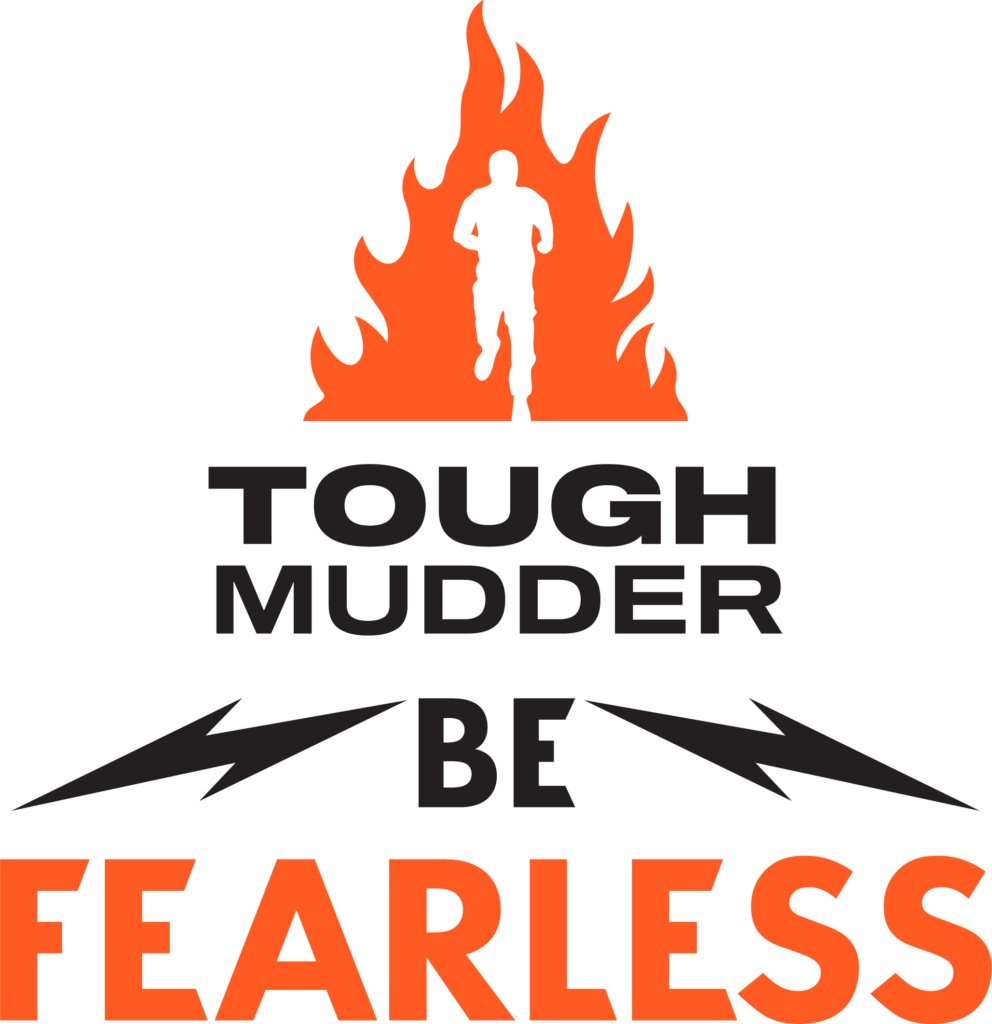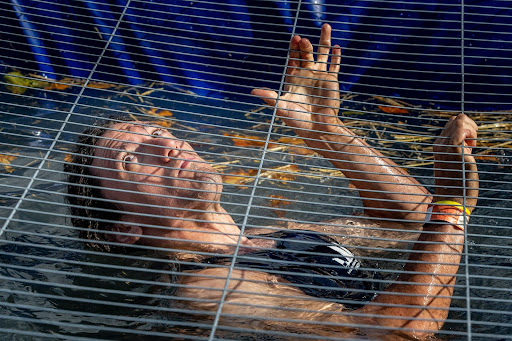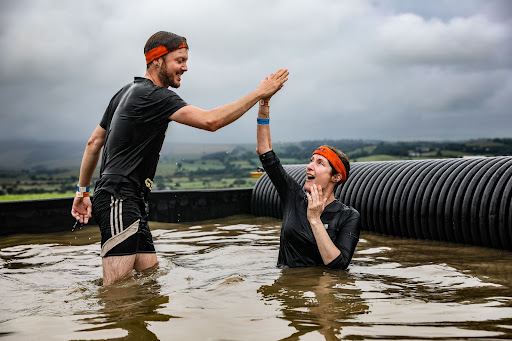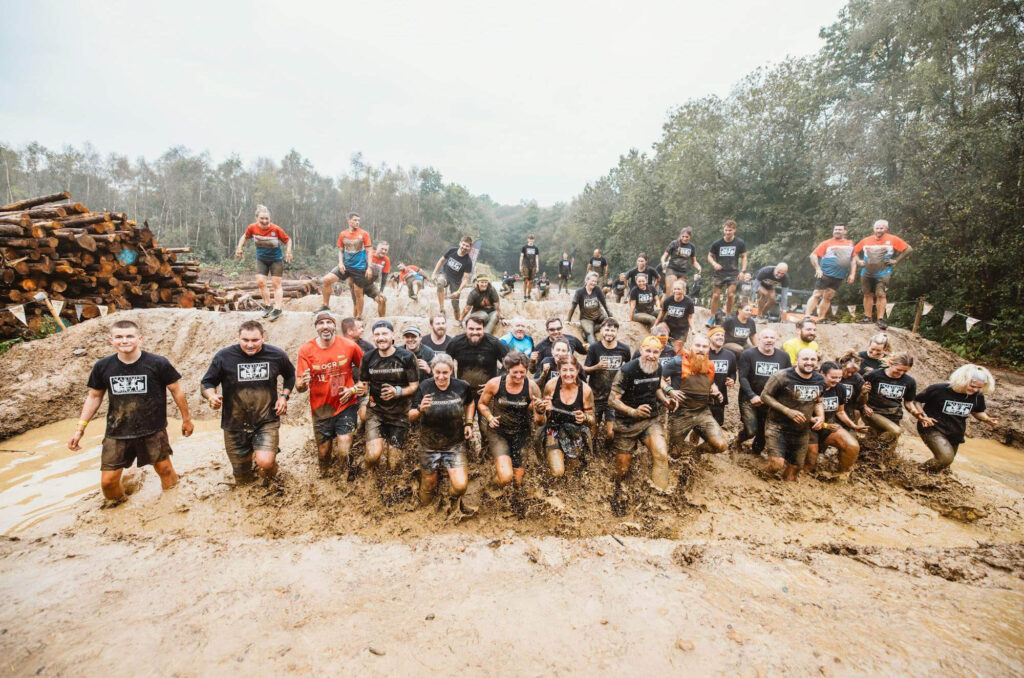
Facing Your Fears
To face your fears is not easy, it takes a level of determination, bravery and will-power to overcome it. Whether it’s a fear of heights, confined spaces or the dark. We want to help you climb that mountain, conquer that challenge and face that fear.
Petter Dutton, Director of ISC Wellbeing explains ‘We have approximately 60,000 thoughts a day; most are negative.
A small part of the brain called the Amygdala (located deep bilaterally in the medial temporal lobe) kicks in when it senses danger. That could mean, Fight, Flight or Freeze. This brain’s reaction has been in place since our early ancestors; this reaction would help us to survive.’
The psychology behind a fear is complicated and unique per person. It can range from all sorts of phobia’s and for all sorts of reasons. However, anything is possible. Fears can and should be conquered. It’s not just about facing a fear and that being the end of it, it’s about learning and gaining the achievement and relief from it. We’ve spoken to several psychologists to get the inside scoop

How Do I Face My Fears?
There’s plenty of techniques to help you build some bravery and pluck up some courage, enough to say ‘F**k it, let’s go’. Psychologists often refer to the process of facing fears as the ‘Cruelest of Cures’. Essentially, to overcome this challenge and situation, the best method is to tackle it head on and try to do it.
Matthew Cunliffe, a sport and exercise mindset coach, explains the ‘What are the facts?’ method when trying to deal with an anxious situation. ‘Firstly, ask yourself what are facts? Bring the situation down to the logic and why you might be scared or think something is unsafe. A lot of the time, you’ll find it’s not as bad as you think’. Matthew has worked with Team GB athletes, professional footballers and cricketers, and general gym goers and exercisers.
Similarly, Jack HIcks-Flyn, Founder of Mentology and Performance Psychologist at West Ham United Football Club, clarifies how focusing your thoughts can help to overcome challenges. ‘Bringing full awareness to your here and now experience, with openness, interest and receptiveness. Engage fully in whatever you are doing’
A quick alternative method can also be found in deep breaths. Stopping the nervous thoughts will go a long way. Thinking about the word ‘Stop’ will allow you to break the nerves and go head into the challenge.
We know it’s not easy, but if you can turn your brain off for at least three seconds and commit to facing your fears, you’ll be more likely to do it. Whether it’s jumping out of a plane, crawling through some netting or standing in the dark, rip the bandage off and just do it, as everyone’s mum always used to say.

What’s The Up Side?
‘We are conditioned to feel fear; however, facing your biggest fears can lead to some of your greatest accomplishments; decide to flip fear into excitement.’ – Peter Dutton, Director of ISC Wellbeing
Every person is unique in their situation of fears and how they deal with them, and so, the benefit is also unique. For many, the momentum gained by battling a fear and beating it will lead them on to tackling more difficult situations in their lives. This then opens the door to many avenues of self-improvement and squashing fears in any walk of life.
For many, the immediate benefit is relief and adrenaline. Being on the other side of the hurdle and knowing you’ve moved beyond something you were anxious about is a great feeling, one that many people chase. Jumping out of planes, riding roller coasters or any other adrenaline inducing activity, facing and beating fears is very similar in the rush you feel after it.
Know that you’re not alone in the fear and the battle against it too. Friends, family and fellow Tough Mudders will help you along the way. Offer a hand and someone will be there to pick you up and get you over the other side. Especially on Everest, a couple hands are always ready up there. A problem shared can very well be a problem halved.
We hope that you found these tips and insights useful and also hope to see you out on the Tough Mudder course sometime soon.
“Act as though it is impossible to fail.”
If you’d like to find out more about the psychologists included in this blog, please see below.
Jack Hicks-Flyn (Performance Psychologist at West Ham United F.C)
Jack Hicks-Flynn, CPsychol, is a Chartered Sport & Exercise Psychologist registered with the Health & Care Professions Council (HCPC) and British Psychological Society (BPS). He has a Bachelor’s Degree in Psychology, a Master’s in Applied Sport & Exercise Psychology, as well as the professional Qualification in Sport & Exercise Psychology, making him an expert in his unique field.
Website: https://www.mentologyltd.com/index.html
Matthew Cunliffe, Founder at Sports Psychology Kent
Matt Cunliffe is a sport and exercise mindset coach and psychologist. He works with clients focusing on dieting and exercise mindset and performance mindset coaching. His previous clients have included Team GB athletes, professional footballers and cricketers, and general gym goers and exercisers. His 15 week mindset coaching program focuses on developing your performance mindset to hit your fullest potential.
Website: www.sportpsychologykent.co.uk
Insta -@the_performance_psych.
Petter Dunton, Director of ISC Wellbeing
Linktree: https://linktr.ee/iscwellbeing
Twitter: https://twitter.com/PeterDutton_ISA/



